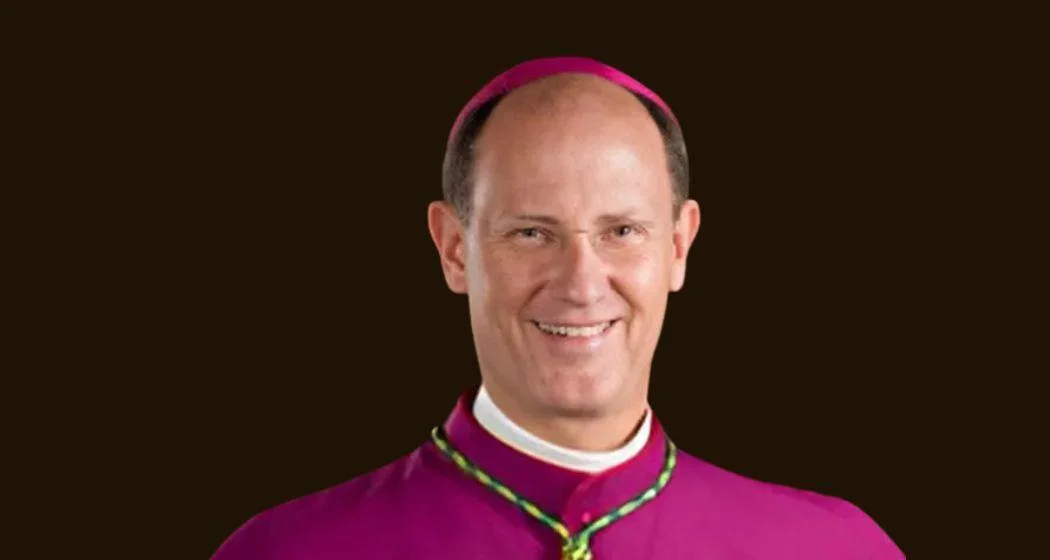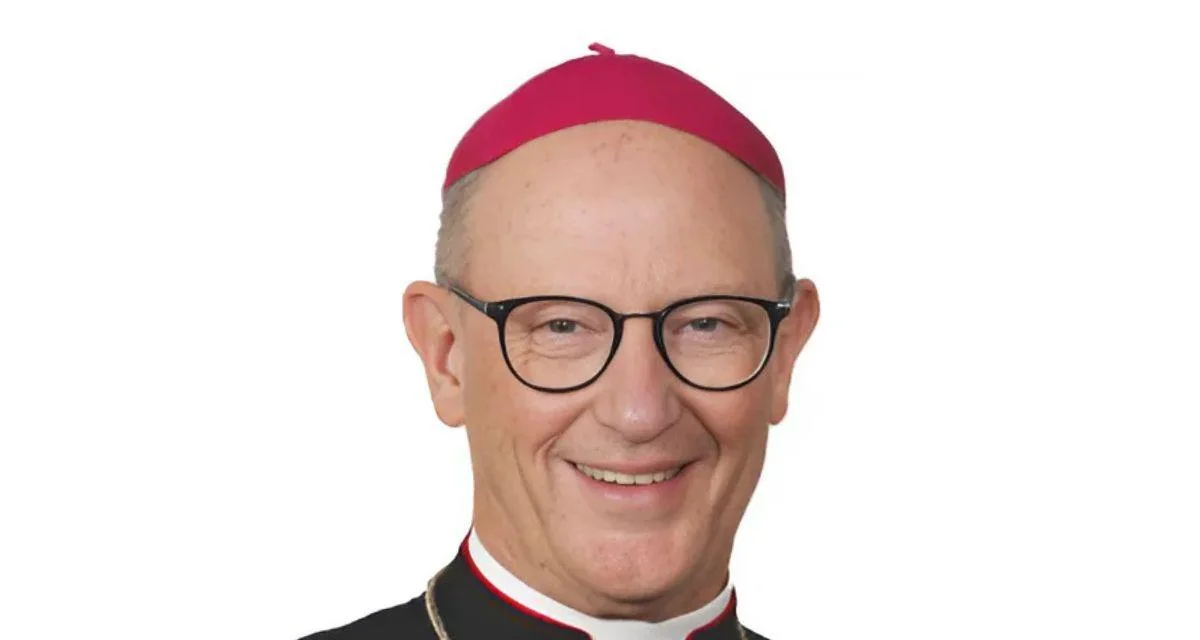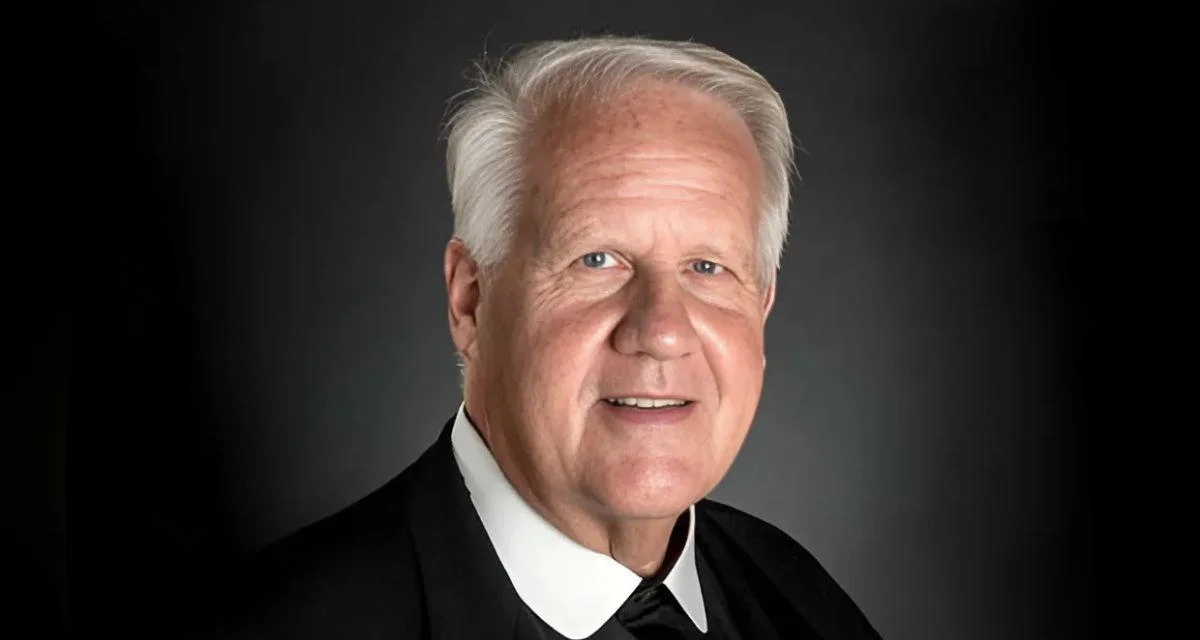
Ash Wednesday is the first day of Lent, which is the period of 40 weekdays before Easter. | Facebook/Diocese of Allentown
Ash Wednesday took place on Feb. 22, marking the beginning of Lent, the time of fasting and prayer leading up to Easter.
"Lent is the 'favorable time' to return to what is essential, to divest ourselves of all that weighs us down, to be reconciled with God and to rekindle the fire of the Holy Spirit hidden beneath the ashes of our frail humanity," Pope Francis tweeted on Feb. 23.
Ash Wednesday is primarily observed by Catholics, although many other Christians also observe it. It falls 46 days before Easter Sunday. The observance of Ash Wednesday originates from the traditional Jewish custom of fasting and repentance, according to Catholic Online.
The ritual includes the application of ash, made from blessed palm branches from the previous year's Palm Sunday, on the forehead, representing a reminder of humanity's origin from dust. The priest administering the ashes usually recites the phrase, "Remember that you are dust, and to dust you shall return" or "repent and believe in the Gospel."
This year, Lent will end on Thursday, April 6, which is Holy Thursday. Lent is observed for the entire 46 days and consists of 40 days of fasting and six Sundays where fasting is not required. Additionally, meat is not supposed to be consumed on Fridays during Lent. Exceptions to these rules are usually made for children and elderly individuals, according to USA Today.
Lent is a time of preparation to celebrate the Resurrection of Jesus on Easter Sunday. During this time, Catholics participate in the practice of self-sacrifice by giving up something they enjoy, such as a favorite food, sugar, coffee, television, social media, gaming, alcohol and other luxuries. Lent is intended to be a period of spiritual reflection and devotion.
According to the U.S. Conference of Catholic Bishops, Francis urged the faithful to "rediscover the joy, not of accumulating material goods, but of caring for those who are poor and afflicted," to put God at the center of one's life and pray and dialogue with him from the heart, and to become free "from the dictatorship of full schedules, crowded agendas and superficial needs, and choose the things that truly matter."



 Alerts Sign-up
Alerts Sign-up